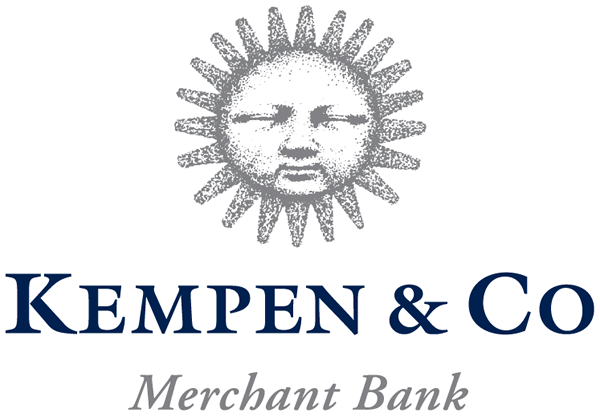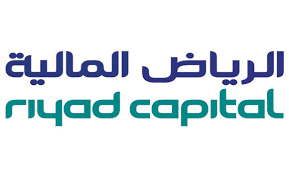The Investing in Private Infrastructure program is designed to provide you with a coherent, structured and in-depth understanding of the inner workings of infrastructure investments, including valuation methods and sub-strategies such as core, core-plus, value add, opportunistic, greenfield, brownfield and debt. It also offers the best in-class insights into the broader sector dynamics, the operation of private infrastructure funds, performance measurement, and the institutional investor perspective. The program will provide an intense learning experience comprising formal lectures, exercises and case studies.
How you will benefit
- Understand the role of private infrastructure in asset allocation and portfolio construction
- Explore strategies and instruments across global markets
- Explore the market landscape and dynamics
- Gain practical insights into fund economics, documentation, and performance measurement
- Get a full value-chain understanding of the inner workings of private infrastructure investments
- Gain in-depth knowledge of valuation methods
- Understand the perspective of an institutional investor on portfolio construction considerations
Program length
2 days
| Day 1 | 09:00 – 17:30 |
| Day 2 | 09:00 – 17:30 |
Next steps
We offer carefully crafted learning paths designed to help you dive deeper into various facets of finance. Take the next step in your professional learning path by choosing one or more of our specialized programs, for example:
> Investing in Private Real Estate
> Investing in Private Debt
Day 1 | Morning
Introduction and context
- Private infrastructure in the context of private markets: Sub-strategies and instruments
- Funds, their functioning, their stakeholders and their ecosystem
- J-curve, terms and economics
- Current market size and segmentation (geographical breakdown, funds raised, invested, etc.)
- Performance (IRR, TVPI, PME)
- Time permitting, a small workshop on fund documentation
Day 1 | Afternoon
Infrastructure as an Asset Class
- Characteristics of infrastructure assets
- Risk-return profile
- Trends in the market (data assets, energy transition)
Sourcing Deals
- Deal origination channels
- Competitive landscape and access advantages
- Early screening criteria (sector, stage, country)
Analyzing Infrastructure Investments
- Technical, operational, and regulatory due diligence
- Financial modelling: cash flow forecasting, leverage, sensitivity analysis
- Risk-return assessment across sectors
Day 2 | Morning
Negotiating and Structuring
- Valuation methodologies (DCF, multiples, precedent transactions)
- Shareholder agreements, governance rights, and control
- Public-private partnerships (PPPs) and concessions
Value Creation in Infrastructure
- Active asset management strategies
- Revenue optimisation and cost efficiencies
- ESG, sustainability, and impact considerations
Monitoring and Managing Assets
- KPIs and performance dashboards
- Monitoring regulatory and market changes
- Governance and oversight mechanisms
Exit Strategies
- Trade sales, IPOs, secondary sales, refinancing
- Market cycles and valuation at exit
- Long-term vs. short-term holding strategies
Day 2 | Afternoon
Simulation/ Business Case(s)
The group will examine the practical implementation of the course materials by looking at two timely infrastructure transactions. The first is to examine an offshore wind farm development. The second is to examine an investment in existing utility. Participants will be placed in the role of investment professionals making high-stakes recommendations to an Investment Committee.
Case 1: Offshore Wind Farm Development
This case focuses on the challenges of greenfield development in the renewable energy sector. Participants will assess whether to invest in a majority stake in a 600MW offshore wind farm in the North Sea.
- Key Learning Dimensions:
- Deal sourcing and competition in a hot sector
- Construction risk, technology risk, and regulatory frameworks
- Valuation under uncertainty, including CfD subsidies and long-term merchant exposure
- Negotiating with a developer partner and lenders over governance rights and risk sharing
- Identifying opportunities for value creation
- Output: An investment recommendation, including valuation, proposed governance structure, and risk mitigation plan.
Case 2: Investment in an Existing Utility – “Regulated Water Utility” (if time permits)
This case examines the acquisition of a significant stake in a regulated utility water and sewage services to 5 million households. Unlike the wind farm, this is a brownfield asset with stable cash flows.
- Key Learning Dimensions:
- Assessing the risk/return trade-off in core regulated infrastructure
- Analyzing the impact of regulatory resets on revenues
- Evaluating capital structure, dividend policy, and refinancing opportunities
- Considering political and reputational factors in mature utilities
- Designing an exit strategy for a long-duration asset with limited growth but strong yield
- Output: A committee memo weighing whether to invest, with a focus on valuation, risk assessment, and exit options.
Program preparation
There is some preparatory work required for this program. Pre-readings consist of case materials, chapters of a book and/or a few articles. These materials will be made available on a password protected webpage a few weeks prior to the program.
To ensure maximum benefit from the program for participant and fellow-participants, we strongly advise to prepare prior to attending.
Read more:
> Redefining capital allocation: Prof. Cyril Demaria on mastering private markets
> Mastering the new infrastructure cycle: expert Tim Whittaker on where investors really create value
The Investing in Private Infrastructure program is designed for professionals in asset management, pension funds, insurance companies, family offices, foundations, and financial institutions who want to deepen their expertise in private infrastructure investments.
Please contact us should you feel the need to verify your level of knowledge.
Prerequisite
Proficiency in English is vital for following this training program effectively.
Is this program not the right fit for you?
We offer other programs which you might find more interesting or useful, such as:
- Private Equity
- Entrepreneurial Finance: Venture Capital Financing
- Project Finance
- Energy Transition Finance




















